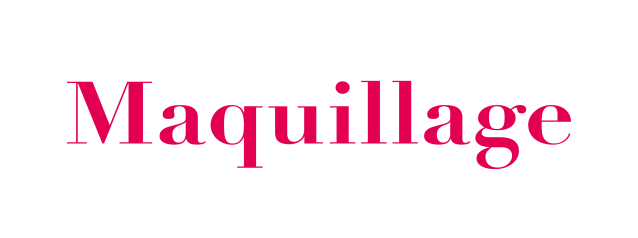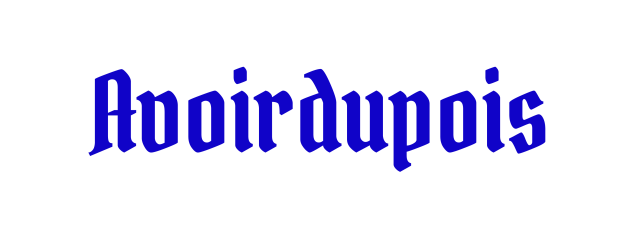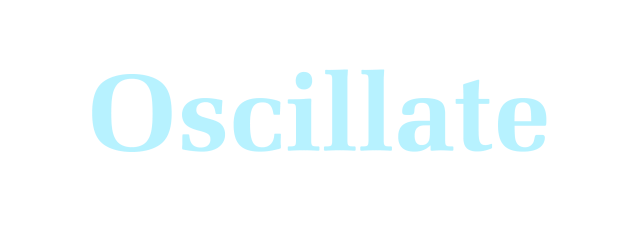Maquillage
Noun
- Makeup; cosmetics.
Example Sentences
“Andrea watched YouTube videos to learn new techniques for her maquillage.”
“Theater performers usually wear thick layers of maquillage to ensure the audience can see their features.”
“I’ve been practicing a new maquillage style inspired by Japanese anime.”
Word Origin
French, late 19th century
Why this word?
“Maquillage” comes directly from the French “maquillage,” meaning “makeup.” The verb “maquiller,” meaning “to apply makeup to one’s face,” entered English through theatrical vernacular in the 1840s, and “maquillage” was recorded shortly after, in the 1850s. While the noun appears to be a direct synonym for “makeup” or “cosmetics,” the usage is more complex. The French loanword often implies makeup applied excessively or garishly. This is likely due to “maquillage” entering English through the 19th-century theater world, in which actors needed exaggerated and distinct makeup to be identifiable onstage.
top picks in Inbox Studio network
Word Daily is part of Inbox Studio, which publishes content that uplifts, informs, and inspires.











 Subscribe to Better Report
Subscribe to Better Report

